Cancer Pharmacology Lab’s projects, technologies & strategies
The working hypothesis of our projects are that anticancer therapies can be implemented by robust translational studies including the establishment of a novel platform of preclinical models, bearing tumors genetic profiles and properties, and that could be monitored with new effective imaging techniques
-
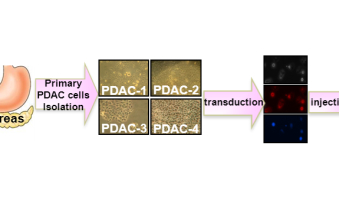
New preclinical models
With a 5-year survival rate of less than 5%, pancreatic ductal adenocarcinoma (PDAC) is the most lethal and chemoresistant among the major tumors. Experimental therapeutic agents have thus far showed limited effects.
-
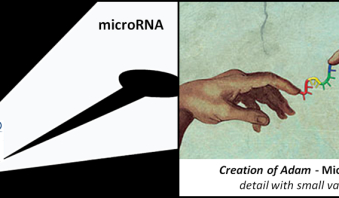
Studies on microRNA
The tumor macroenvironment and microenvironment have been frequently reported as the major contributors to chemoresistance in PDAC, preventing the drugs from reaching their intended site of action (i.e., the malignant duct cells). However, the recent discovery of microRNAs (miRNAs) has provided new directions for research on mechanisms underlying response to chemotherapy.
-
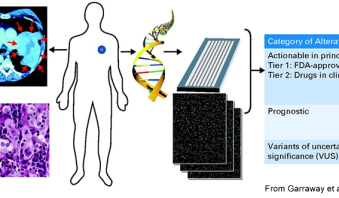
Genetic profiling and pharmacogenetics
The high rate of genetic alterations and chromosomal instability in core signaling pathways are a major cause for the intrinsic aggressiveness of PDAC as well as of the inefficacy of currently available therapeutic strategies, which has been partly attributed to the high rate of genetic alterations affecting multiple pathways, whose multilevel cross-stimulation can overcome drug activity.
-

New targeted anticancer agents
During the last decade novel anticancer treatments have emerged from advances in understanding of tumor biology, and a number of molecular targets have been identified. New drugs have been developed to attack these targets. They are used to neutralize specific molecules or genes involved in cancer development (“targeted therapy”). To date, only a few of these agents can offer hope of a substantial impact on the natural history of the disease.
-
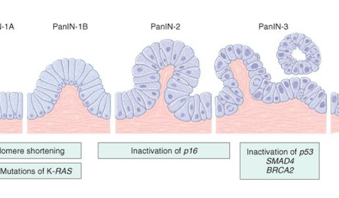
Preneoplastic lesions
Recognition and ablation of preneoplastic or in situ stage neoplasms would be an ideal method for prevention of cancers. This approach is particularly difficult for internal organs such as the pancreas that are not conveniently visualized or accessible for physical examination, biopsy or evaluation by cytologic studies. Thus, there is relatively little prospective experience in the recognition of preneoplastic lesions of the human pancreas.
-
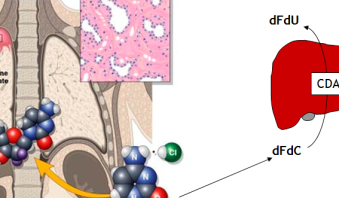
Studies on thoracic cancers (mesothelioma and lung cancer)
Our research program on Thoracic Cancers is a multifaceted effort designed to understand thoracic cancer biology, discover novel agents and improve treatment.
For our ongoing studies on mesothelioma we recently obtained a grant from the Mesothelioma Applied Research Foundation (US)
continue reading →
